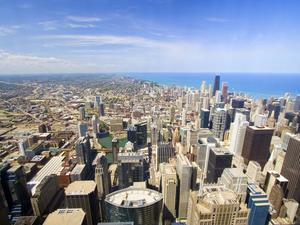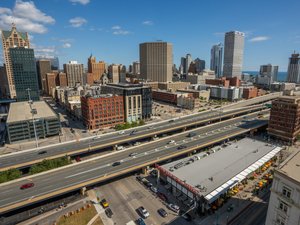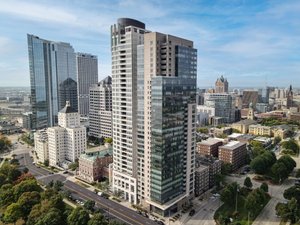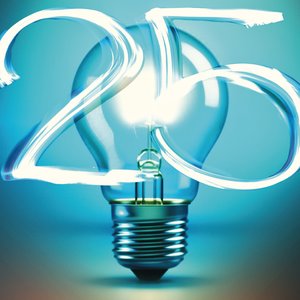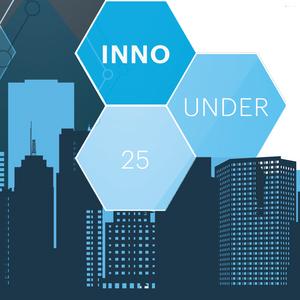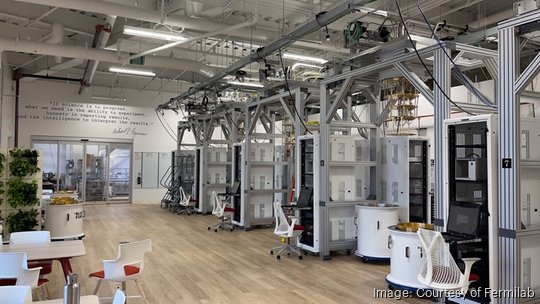
Lawmakers and tech leaders south of the Wisconsin border continue to see positive momentum when it comes to making Chicago a national and global quantum tech hub, and they want to make sure it stays that way.
On the heels of The Bloch getting designated an official U.S. Tech Hub for quantum technologies last October, Illinois Gov. JB Pritzker announced Monday a multiyear plan to further develop the Chicago quantum coalition. The plan is part of The Bloch's application for Phase 2 funding through the U.S. Economic Development Administration's Regional Technology and Innovation Hub program.
SEE RELATED:
- $75M on the table as Wisconsin wins bid for U.S. biohealth tech hub
- Wisconsin leaders react to tech hub win that puts $75 million up for grabs
- Wisconsin won a coveted tech hub designation. See which places it beat out.
- Wendy Harris spearheading Wisconsin Biohealth Tech Hub
- Biohealth tech hub win can lead to more
The Bloch, a coalition that includes Fortune 500 companies such as IBM and Microsoft, quantum startups, local universities, and state and city governments, seeks to advance quantum technologies and develop new tech solutions for things like logistics optimization, drug discovery, fraud detection and more.
"I am very excited to be here in Chicago to recognize The Bloch that is helping us develop quantum technology solutions for some of the world's most difficult and pressing problems," Gov. Pritzker said in a press conference on Monday. "[For example], encryption will be unbreakable — think about what that would mean for all of us if everything was unhackable."
The Illinois effort does not come without a contribution from its neighbor to the north. The Bloch is led by the Chicago Quantum Exchange, a catalyst for research activity based at the University of Chicago and anchored by the U.S. Department of Energy’s Argonne National Laboratory and Fermi National Accelerator Laboratory, the University of Illinois Urbana-Champaign, the University of Wisconsin-Madison, and Northwestern University.
UW-Madison's contribution includes research that focuses on quantum computing and networking, quantum sensing and quantum materials. Its Wisconsin Quantum Institute hosts research on what the Chicago Quantum Exchange calls four of the most prominent physical qubit implementations. UW-Madison is also a partner in the Wisconsin Biohealth Tech Hub, another official U.S. Tech Hub led by a Milwaukee-Madison consortium that's competing for up to $75 million in federal funding to develop as an industry leader in biohealth and personalized medicine.
If The Bloch's bid is funded, it is expected to create 30,000 quantum jobs, train 50,000 workers and support 200 quantum companies by 2035. MHub, the Chicago hard-tech startup incubator, will also become home to a quantum commercialization laboratory that will further help quantum startups to develop hardware and software critical for turning science into real marketable solutions.
"This is technology that is growing, burgeoning and going to be part of people's everyday lives a decade from now," Pritzker said. "For the average person in Illinois, this means job opportunities, economic growth and development. Think about what happened in Silicon Valley 40 or 50 years ago."
The governor said the state has seen more than $600 million in public and private funding commitments toward The Bloch. The state has also proposed committing $500 million of state funds for capital investments that will in part support the development of a quantum campus and cryogenic facility that is crucial for quantum technology.
